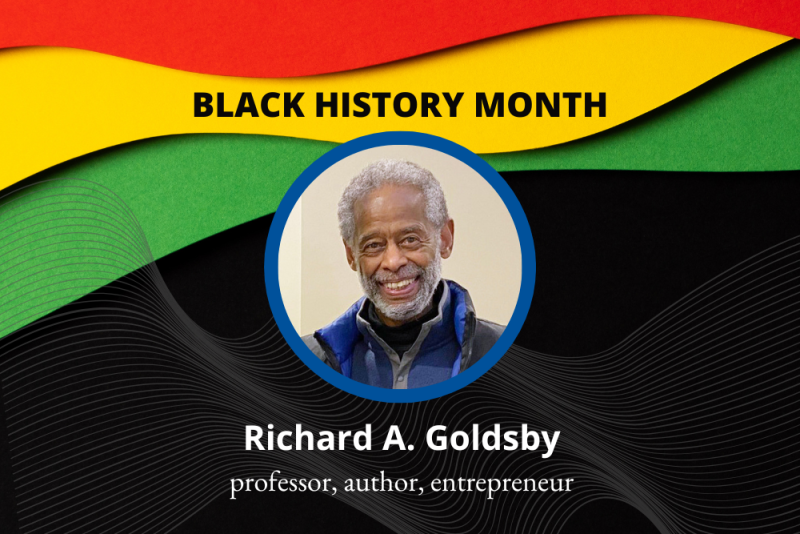
Richard A. Goldsby, Phd, has made significant contributions to both the field of immunology and broader societal discourse. He is the Thomas B. Walton, Jr. Memorial Professor of Biology Emeritus at Amherst College, Massachusetts.
Goldsby's journey into academia was not merely a pursuit of knowledge but a response to societal challenges. His decision to apply for a teaching position at Amherst College stemmed from his objection to the perception that minorities lacked qualifications for such roles. Throughout his tenure at Amherst College, Goldsby's collaborations and publications have transcended disciplinary boundaries. His partnership with cultural anthropologist Mary Catherine Bateson resulted in works that critically examine pressing social issues. In "Thinking AIDS" (1988) and "Thinking Race: Social Myths and Biological Realities" (2019), they dissected the complex intersections of culture, biology, and society, challenging simplistic narratives about topics like HIV/AIDS and racial differences.
Goldsby's academic background in chemistry informed his perspective on immunology, particularly the cellular and molecular mechanisms of the immune response. His influence on science education is long lasting as evident in his involvement with the Kuby Immunology textbook, a cornerstone of undergraduate immunology education.
Notably, Goldsby's interest in the biology of race reflects a nuanced understanding of this contentious topic. His seminal work, "Race and Races," delves into genetic differences between human populations while acknowledging the social constructs intertwined with racial identity. Goldsby has been critical of attempts to oversimplify complex issues such as intelligence and behavior based on race, as evidenced by his critique of Daniel Seligman's assertions in "A Question of Intelligence."
Goldsby's extensive professional service, including advisory roles and consultancies in chemical and biotechnology industries underscore his influence beyond academic circles. Not surprisingly, Goldsby has been honored with numerous accolades, reflecting his standing as a leading figure in immunology and academia. He was the inaugural presenter of the Vanguard Award Lecture in 2003 and was named a Distinguished Fellow in 2020 by the American Association of Immunologists to recognize his distinguished career and outstanding scientific contributions. His commitment to teaching, research, and social discourse exemplifies a holistic approach to scholarship that transcends disciplinary boundaries.
We are honored to highlight Richard A. Goldsby's legacy and his blend of scientific inquiry, social advocacy, and interdisciplinary collaboration. His contributions to immunology, education, and discussions on race have left an indelible mark on academia and society.